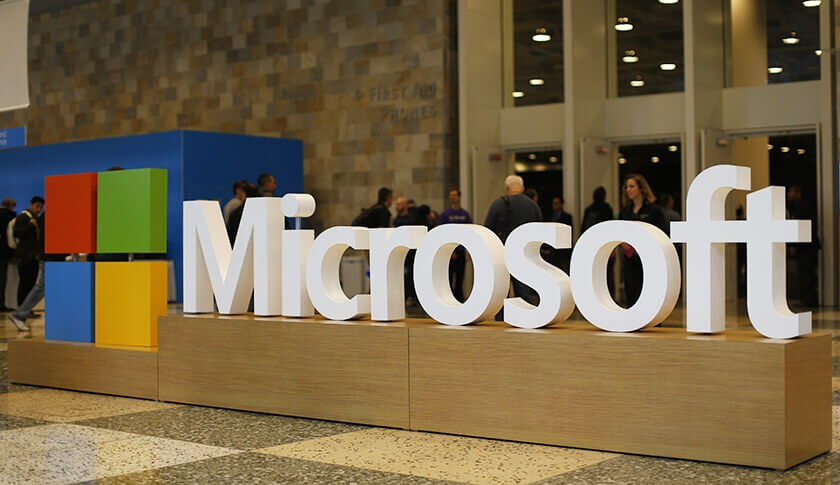Microsoft has added 13 new African languages including Igbo, Hausa, and Yoruba to its Microsoft Azure Cognitive Services Translator, allowing text and documents to be translated to and from these languages across the entire Microsoft ecosystem of products and services.
Following the release of Somali and Zulu last year, the latest 10 other African languages to be supported are chiShona, Kinyarwanda, Lingala, Luganda, Nyanja, Rundi, Sesotho, Sesotho sa Leboa, Setswana, and Xhosa.
This brings the total number of supported languages to 124, adding language support for millions of people in Africa and around the world.
“It is transformative when we can empower our communities across the continent to do and achieve more, and even more so when they can do it in their own language.
“Through this release, we continue to build meaningful cognitive products and services that improve accessibility and break down the language barrier between people and cultures all over the world,” says Wael Elkabbany, General Manager, Microsoft Africa Regional Cluster.
“The addition of new African languages enables more people and businesses to connect across languages and means that language will become a seamless feature of using technology,” he adds.
Integrations across Microsoft’s ecosystem include Microsoft 365 for translating text and documents, the Microsoft Edge browser and Bing search engine for translating whole webpages, SwiftKey for translating messages, LinkedIn for translating user-submitted content, and the Translator app for having multilingual conversations on the move, among others.
Using Translator, people and organisations can add African languages’ text translation to apps, websites, workflows, and tools; or use Translator’s Document Translation feature to translate entire documents, or volumes of documents, in a variety of different file formats preserving their original formatting.
They can also use Translators with Cognitive Services such as Speech or Computer Vision to add additional capabilities such as speech-to-text and image translation into their apps.
Educators can create a more inclusive classroom for both students and parents with live captioning and cross-language understanding.
Microsoft has continuously added languages and dialects to its Translator service while ensuring the translation quality of the supported languages by using the latest neural machine translation (NMT) techniques.
The company, through its Microsoft Research unit, first developed machine translation systems more than a decade ago – and has consistently built on and improved these systems and techniques, adopting NMT technology as Artificial Intelligence (AI) evolved and migrating all machine translation systems to neural models to improve translation fluency and accuracy.
“We achieve this by working with partners in language communities who can help gather data for specific languages and who have access to human-translated texts also helps to overcome the challenge of obtaining enough bilingual data to train and produce a machine translation model.
“This network of partners helps collect bilingual data, consult with community members and evaluate the quality of the resulting machine translation models,” adds Elkabbany.
These ever-improving capabilities make it possible for businesses to expand their global reach, enabling them to communicate with customers and partners across languages and localise content and apps quickly, reliably, and affordably.
There are plans to add more of the continent’s most widely spoken languages as part of Microsoft’s mission to build meaningful cognitive products and services that improve accessibility and local engagement.

